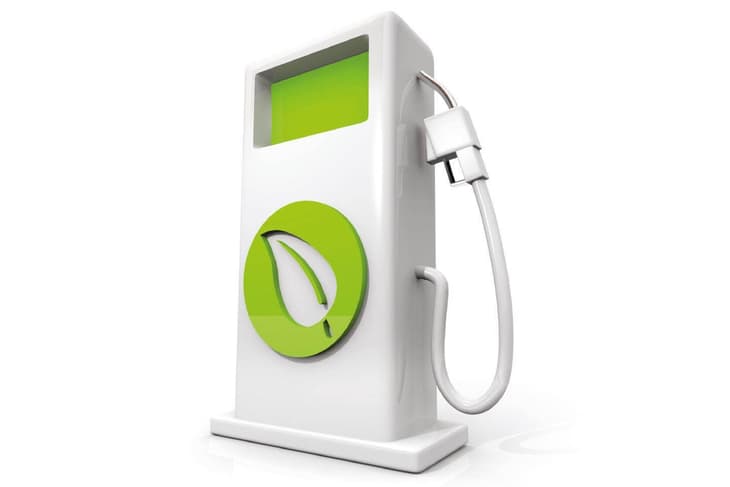On the way to realising the much-discussed COP21 climate goals, decarbonising transport is key. Hydrogen offers promising opportunities for driving forward sustainable mobility and energy whilst being profitable – as recent findings affirm.
The energy transition is on the way. Multiple technologies are already maturing to help reach the emission reduction objectives set by the Paris Agreement. Hydrogen technologies are one of them.
As an energy carrier, it allows for the decarbonisation of transport, for heating, and the storage of energy from intermittent renewable energy sources. One of the biggest challenges to enhance the energy transition is to find profitable business cases to integrate these technologies into the wider energy system.
... to continue reading you must be subscribed






